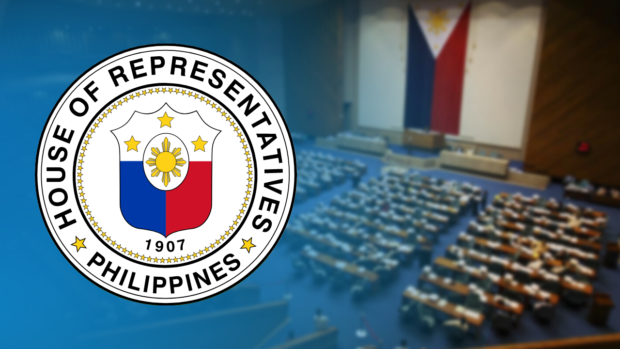
INQUIRER FILE PHOTO
MANILA, Philippines — The House of Representatives approved on third reading a bill that would task the Technical Education And Skills Development Authority (Tesda) to provide technical-vocational and livelihood training programs tailored to rehabilitated drug dependents.
House Bill (HB) No. 7721 was approved on the third reading during the session on Monday, as 260 lawmakers voted in the affirmative, while none voted in the negative or abstained.
Under this measure, Tesda will be directed to coordinate with the Department of Labor and Employment (DOLE) to ensure that specific training is provided to rehabilitated drug dependents so that they can find work and have another chance in life.
“[Tesda], in coordination with the [DOLE], shall institutionalize the provision of technical-vocational education and training (TVET) and livelihood programs designed specifically for rehabilitated drug dependents,” HB No. 7721 read.
“The TVET and livelihood programs shall focus on competitive and employable skills that can be acquired and developed by rehabilitated drug dependents to enhance further their ability to find gainful employment and entrepreneurial livelihood opportunities,” it added.
The same bill — if enacted — would also provide incentives to companies that would employ rehabilitated drug dependents who have gone through the Tesda training.
“The DOLE shall provide incentives to companies which shall employ rehabilitated drug dependents who have undergone the TVET and livelihood programs mandated under this Act,” the bill read.
“The Director General of Tesda shall immediately include in the Authority’s programs the implementation of this Act, the funding of which shall be included in the annual General Appropriations Act,” it added.
During the implementation of the war against illegal drugs by the administration of former president Rodrigo Duterte, hundreds of thousands of self-confessed drug users surrendered to Oplan Tokhang, which is basically a contraction of Visayan words “toktok” or to knock, and “hangyo” or to plead.
Police officers knock at the doors of suspected drug users to ask them to surrender or stop their illegal activities. But while many view the drug war as a success, there has been a lot of criticism coming even from current administration officials that Duterte’s drug war focused too much on law enforcement and too little on rehabilitation.
READ: Gov’t launches new drug war campaign
READ: ‘Revamped’ drug war should include accountability – rights advocates
Just recently, President Ferdinand Marcos Jr. said that there were some abuses committed in Duterte’s drug war, as there was too much focus on enforcement.
READ: Marcos notes ‘abuses’ in Duterte drug war
A similar bill has been filed in the Senate: last May 10, it was reported that Senator Bong Go — one of Duterte’s closest allies — made a proposal to have rehabilitated drug dependents avail of TVET and livelihood program training.
READ: TVET, livelihood programs for rehabilitated drug dependents